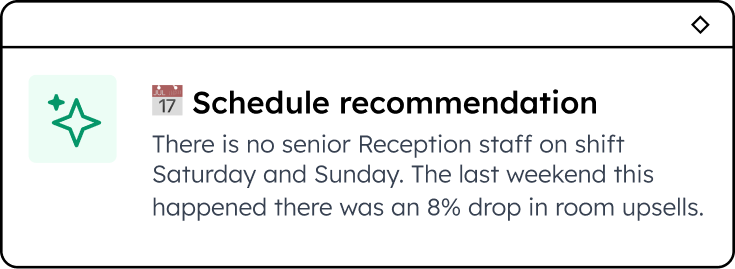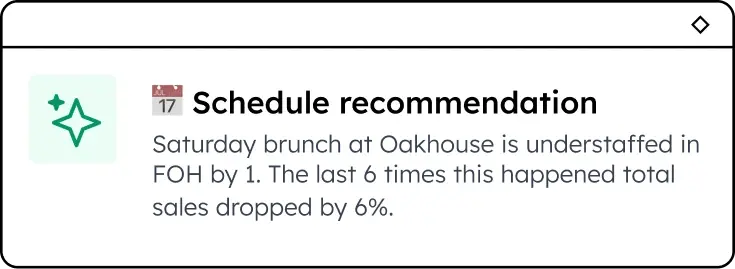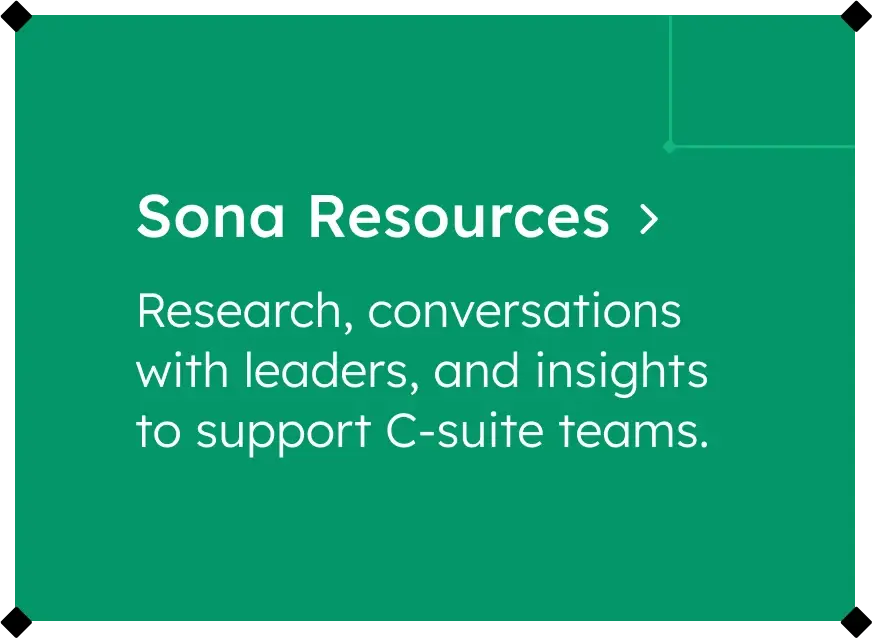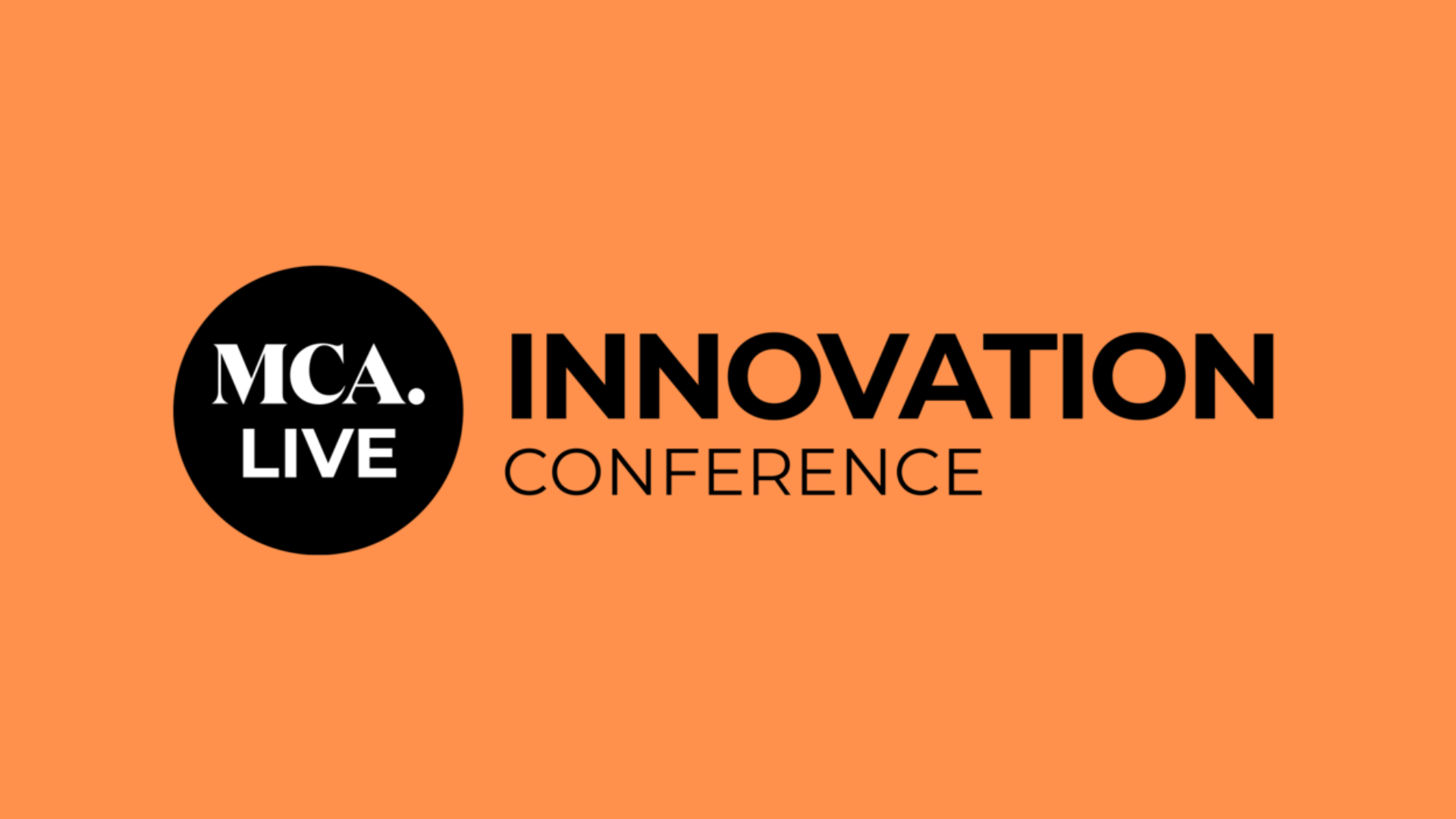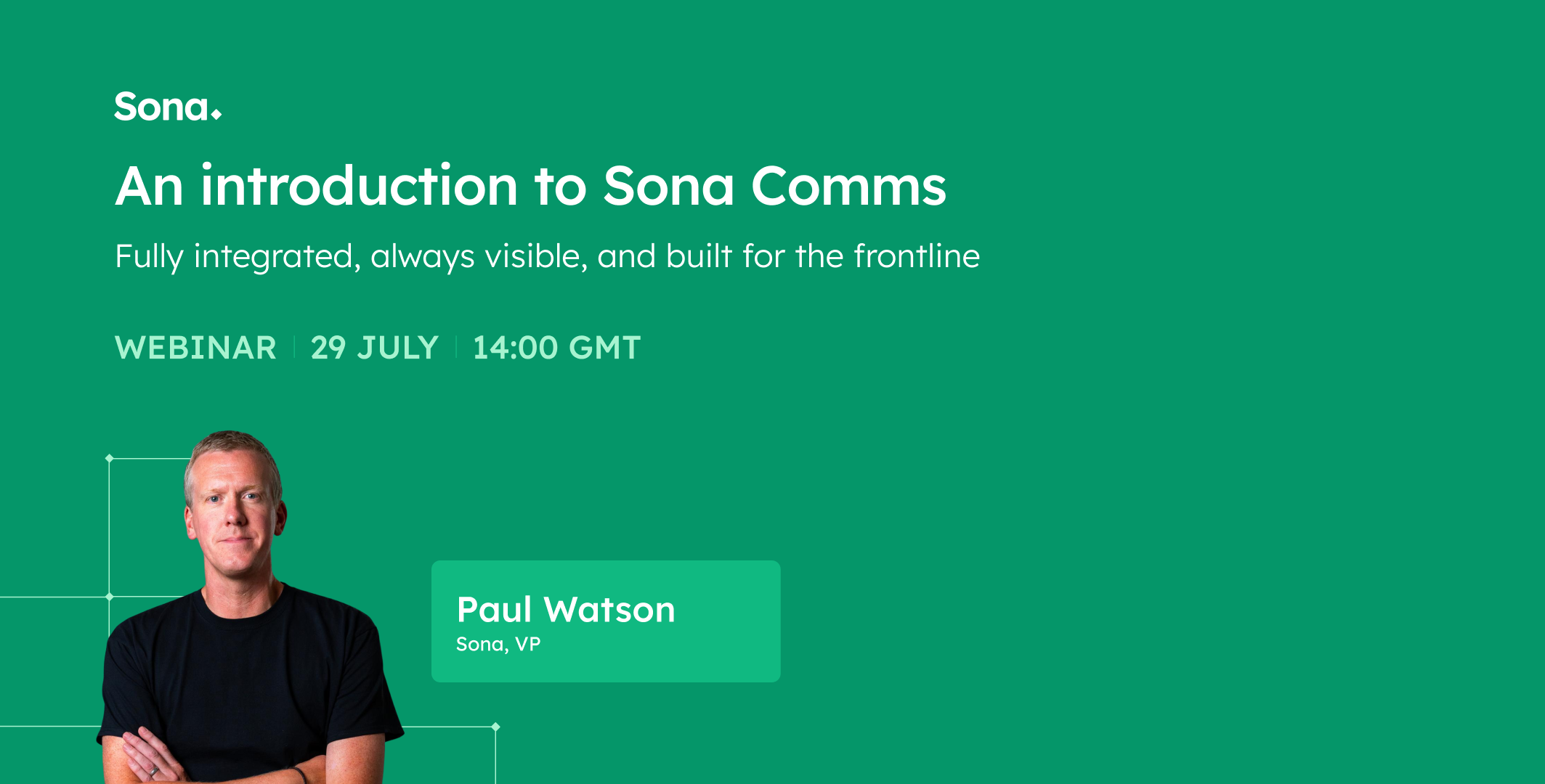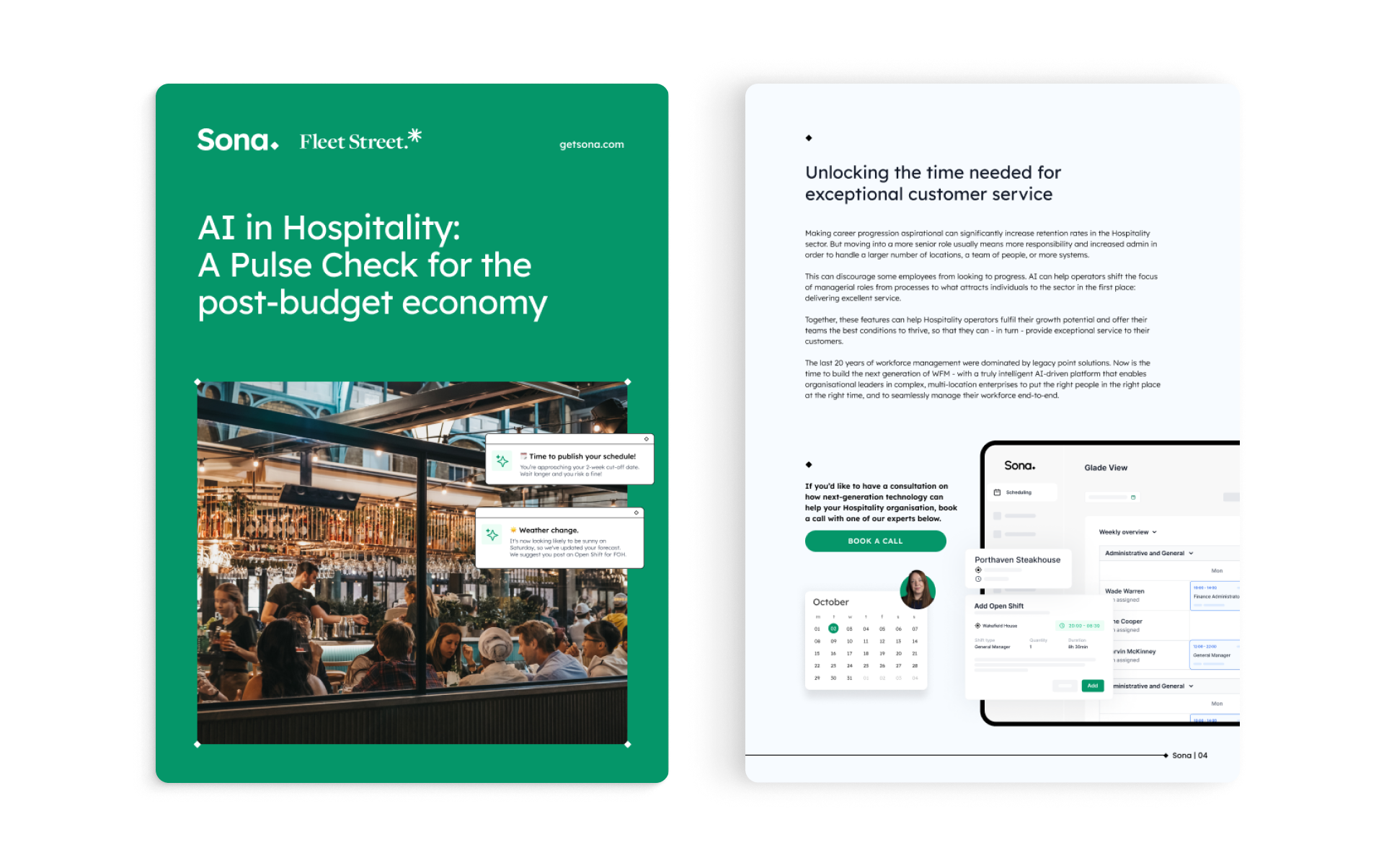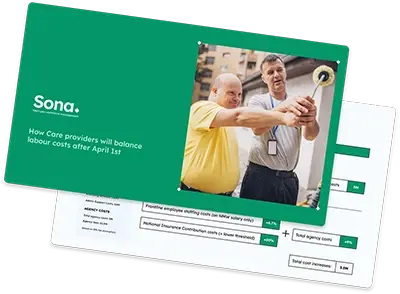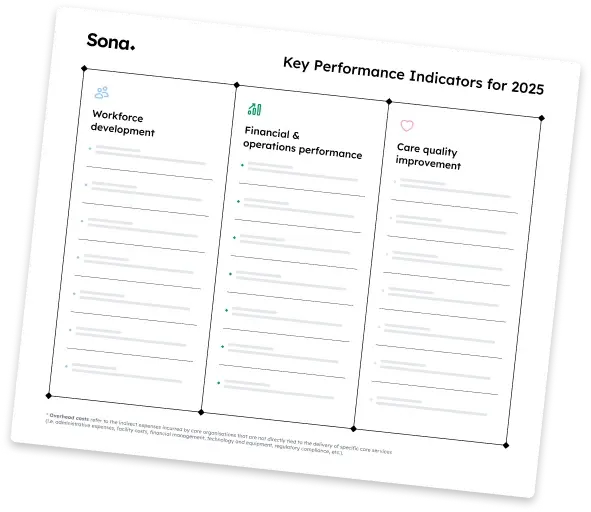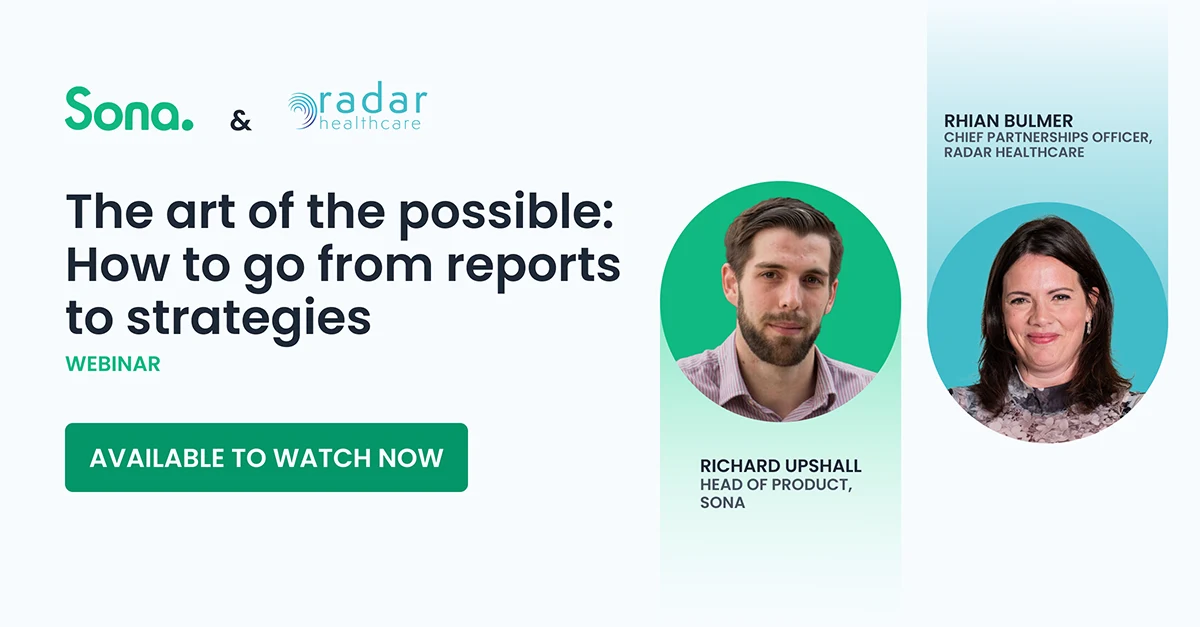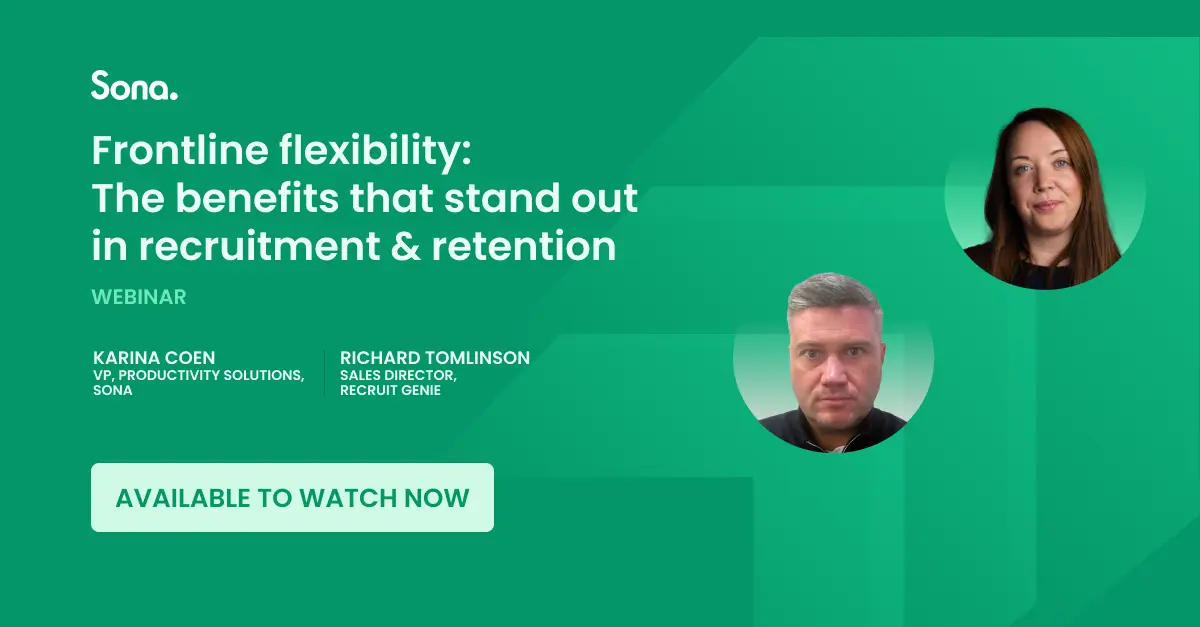What we Learned from the National Care Awareness Survey 2022
In 2021 the first National Care Awareness Survey was released, and with it, a unique opportunity to hear first-hand from the nation’s care professionals. The survey helped shine a light on the UK’s social care industry and its needs. This year, we were pleased to lend our support as the survey’s official sponsor. Let’s take a look at the headlines.
5 minute read
Six key findings from the National Care Awareness survey 2022
- 80% of care professionals are satisfied with their salary
- 73% plan to stay in the sector in the next 12 months
- 81% feel confident in their ability to sustain their business over the next year
- 51% feel that employee recognition is a significant area of concern
- 89% have been affected by the cost-of-living crisis
- 75% feel supported by the social care system
After all, back in 2021, only 61% of workers were planning to stay in the industry–with a whooping 72% feeling their salary was unfair.
However, there’s still a long way to go, especially in the areas of workforce management and well-being support - concerns which were also highlighted in the latest CQC State of Care report.
 Workforce management and well-being support: two of the biggest challenges in the sector
Workforce management and well-being support: two of the biggest challenges in the sector
The National Care Association questions in the survey highlight the three key areas of concern in the sector. Those are:
- Recognition of workers - 19.9%
- Employee well-being - 18.7%
- Recruitment and retention - 18.3%
Let’s see what employers and managers can do to ensure that these areas have been addressed by next year’s survey.
Employee recognition
With a high number of respondents saying that employee recognition is an area of concern, it’s worth digging a little deeper to understand how to meet this challenge and the benefits of fixing this problem.
92% of care employees say that more recognition from management would make them happier in their current roles. And we know that happy employees perform better and are more likely to stay.
Recognition can be as simple as a ‘thank you’ or ‘well done’ in a private message or a public shout-out to showcase those doing an exceptional job.
Quick and easy solutions can go a long way. Managers know that recognition is important: it helps improve employee retention, employee engagement, and productivity. No one wants to work hard for a thankless job. However, praising staff often falls to the bottom of the priority list.
How can this problem be addressed?
Employers need to create a culture of recognition, which means embedding it in the company’s culture, policies, and values.
Staff well-being
In the Social Care sector, patients/residents must be the top priority. However, this can mean staff neglect their own physical and mental well-being. This is a significant problem in the industry since the well-being of workers has a huge impact on the quality of care they provide.
Social workers are on the front line, working long hours caring for others, which can take a massive toll on their physical and mental well-being.
A survey commissioned by the British Association of Social Workers (BASW) and talk radio station LBC found that one-third of social workers reported experiencing emotional responses to their work on a fortnightly basis, such as crying or feeling unwell, at least once a week.
That’s a startling statistic which highlights an urgent need for more support. One simple thing that can have a massive impact on staff well-being is weekly check-ins.
Wellbeing check-ins help your staff feel heard and connected and provide an ‘early warning system’ for managers, who can make appropriate interventions before burnout occurs.
Recruitment and retention
The Great Resignation—otherwise known as the post-pandemic mass exodus of unsatisfied workers—is still significantly affecting the sector, causing a Social Care staffing crisis.
This crisis can be addressed by better managing the workforce, checking in with colleagues to make sure they’re feeling good, and giving recognition when it’s due.
The Health and Social Care sectors were among those hit hardest by the pandemic. Many are thinking twice before joining the industry if factors like low salaries, compromised well-being, and lack of recognition don’t truly improve.
However, there is a solution. Although some problems may be harder to fix, like salaries due to lack of funding, improving working practices and staff well-being are very possible, especially when technology is on your side.
How can technology improve the care industry?
Our Co-founder Oli Johnson believes there is an abundance of opportunity for technology to address some of the sector’s major concerns over the next year:
“The survey results are clear - keeping staff happy, healthy and motivated will continue to be one of the sector’s most significant challenges going into 2023. Care is all about people, so it’s no surprise that recognition, well-being, recruitment, and retention were the top three issues of concern.
"And as we know, it’s not just about pay. What jumps out from the findings is the vital role that employee recognition and well-being strategies can play in reducing turnover and improving engagement and productivity.
"Exciting initiatives are happening in both these areas across social care, yielding some fantastic results. But we must work together to accelerate the pace of change in 2023 to attract and retain amazing talent and deliver the quality and quantity of care the country needs.”
With almost half of the respondents of the National Care Awareness survey believing that digital software could aid their duties, it’s time to take action.
Workforce management tools like Sona offer a long-term solution, solving immediate issues such as scheduling and filling shifts and relieving pressed staff of time-consuming admin tasks.
With Sona, employees can better organise their time, and managers and human resource departments can improve employee well-being and engagement with recognition and staff check-ins.
Retaining and making the most out of your social care workforce is possible with the right policies, processes and technology, all working in harmony:
Enjoyed this article? Let's stay in touch 👋
If you liked this article, why not subscribe to our newsletter to get the latest news and views delivered straight to your inbox?

